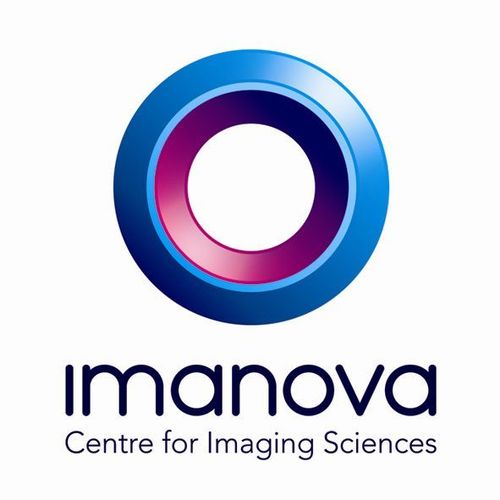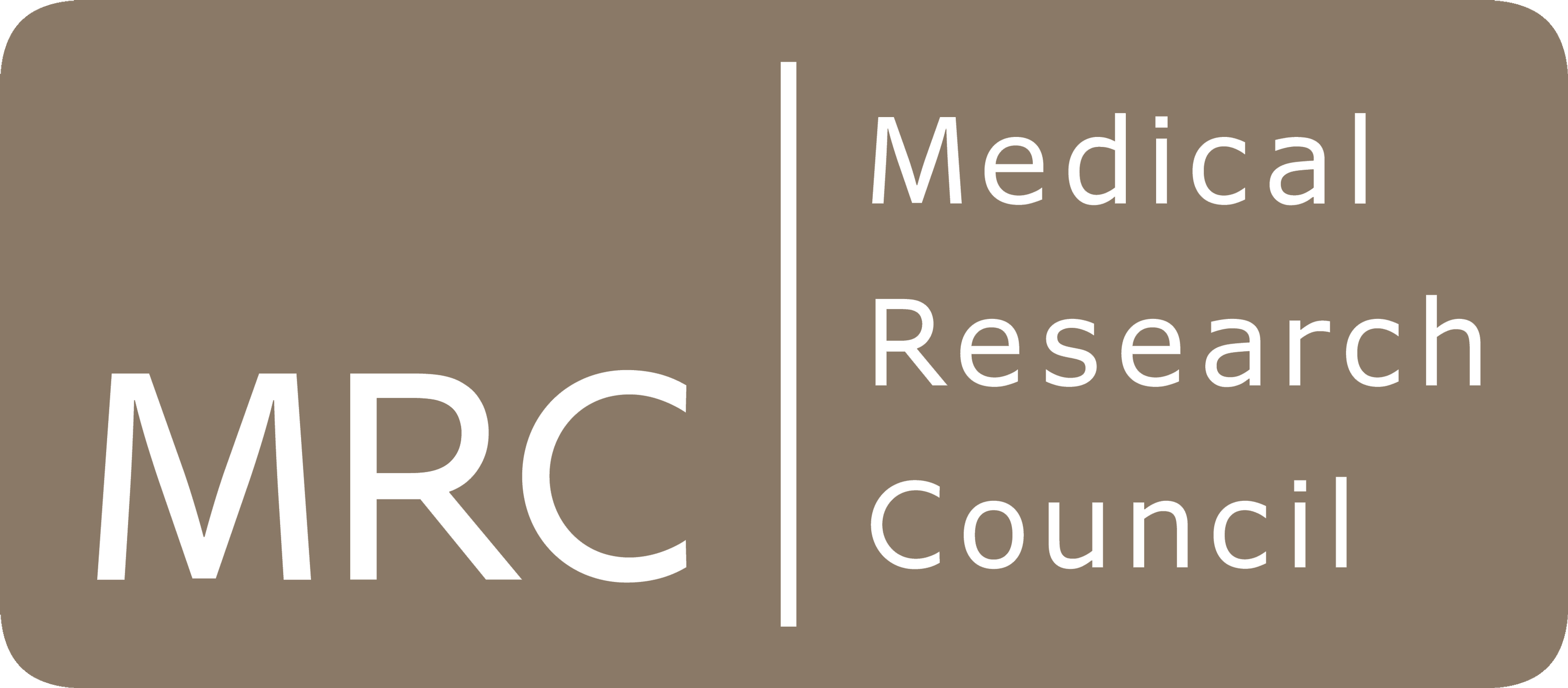BNA Annual General Meeting 2025
1st April 2025

The programme committee have reviewed and selected these events on the basis of their quality and timeliness. There will be over 160 UK and international speakers who will present on cutting-edge topics across twelve research themes across neuroscience. Please use the links below to browse programme content.
Contents |
|
|
Professor Masud Husain, University of Oxford 18:10 Monday 10th April |
|
|
Professor Andrea Brand, University of Cambridge 11:20, Tuesday 11th April |
|
|
Professor Graham Collingridge (winner of the 2016 Brain Prize),University of Toronto / University of Bristol 16:40, Tuesday 11th April |
|
|
Professor Alon Chen, Max Planck Institute of Psychiatry 11:20, Wednesday 12th April |
|
|
Professor May-Britt Moser (2014 Nobel prize winner for Physiology and Medicine), Norwegian University of Science and Technology 16:40, Wednesday 12th April |
|
|
Professor Sarah Jayne Blakemore, UCL 12:00, Thursday 13th April |

Current BNA President Professor John Aggleton FRS has selected to highlight how neuroscience can meaningfully inform the way education is delivered.
Tuesday 11th April, 13:20 - 15:00
Sponsored by the Experimental Psychology Society
Chair: Professor Paul Howard-Jones (University of Bristol)
The speakers will outline ways in which our understanding of neuroscience can be applied to improving methods of education. The talks will include different components of a major project funded by the Wellcome Trust, The Education and Neuroscience Initiative, which seeks to test different ways of applying our knowledge of brain function to the classroom.
You can attend the President's symposium by selecting it during the Festival registration process.
Paul Howard-Jones is also giving a public lecture on this topic: see public programme.
Day one (Monday 10th April 2017) - download day 1 pdf
Day two (Tuesday 11th April 2017) - download day 2 pdf
Day three (Wednesday 12th April 2017) - download day 3 pdf
Day four (Thursday 13th April 2017) - download day 4 pdf
We have twelve themes running throughout the Festival, covering a wide range of neuroscience research and applications:
S1: Neural networks of fear and anxiety - PTSD - Monday 10th April, 13.00 - 14.40
S5: Disorders of motivation in brain conditions - Monday 10th April, 16.20 - 18.00
Sponsored by the Association of British Neurologists
S11: Neuronal control of nutrition: integrating energy balance and motivation - Tuesday 11th April, 9:00 - 10:40
S33: What is special about 'social'? - Thursday 13th April, 9:00 - 10:40
Sponsored by the British Psychological Society
S2: Spinal motor control: more than just a reflex - Monday 10th April, 13:00 - 14:40
S18: The relevance of invertebrate neuroscience to food security - Tuesday 11th April, 13:20 - 15:00
S22: Information integration across the senses - Wednesday 12th April, 9:00 - 10:40
S27: Towards a causal understanding of motor learning in humans: a role for non-invasive brain stimulation - Wednesday 12th April, 13:20 - 15:00
Sponsored by Rogue Resolutions
S34: MRI at 7 Tesla: new capabilities and insights - Thursday 13th April, 9:00 - 10:40
Sponsored by Oxford Neuroscience
S3: Novel targets for pain, depression and their co-morbidity - Monday 10th April, 13:00 - 14:40
Sponsored by Neuroscience Ireland
S24: Epilepsy and precision medicine - Wednesday 12th April, 9:00 - 10:40
Sponsored by the Association of British Neurologists
S30: Bad Pharma? Improving CNS drug discovery and development with live human CNS tissue - Wednesday 12th April, 13:20 - 15:00
Sponsored by Takeda
S6: Epigenetics: causes and consequences of neurological disorders - Monday 10th April, 16:20 - 18:00
Sponsored by the Biochemical Society
S17: Genetics of language disorders: from gene mapping to biological mechanisms - Tuesday 11th April, 13:20 - 15:00
Supported by The Genetics Society
S28: Epigenetics, placenta and developmental programming: coordination of mother and offspring brain - Wednesday 12th April, 13:20 - 15:00
Supported by The Genetics Society
S7: Retrosplenial cortex - a gateway to episodic memories? - Monday 10th April, 16:20 - 18:00
S16: PRESIDENT'S SYMPOSIUM: Neuroscience informed education - Tuesday 11th April, 13:20 - 15:00
Sponsored by the Experimental Psychology Society
S9: Towards disease modifying drugs for neurodegeneration: connecting learnings from genetics, molecular and pathology studies - Monday 10th April, 16:20 - 18:00
S12: Old brains, new insights - Tuesday 11th April, 9:00 - 10:40
S23: The APOE paradox: pathway to Alzheimer's disease - Wednesday 12th April, 9:00 - 10:40
S19: Neurobiological roots of brain tumours - Tuesday 11th April, 13:20 - 15:00
Sponsored by the British Neuropathological Society and the British Neuro-Oncology Society
S10: Microglia, neuroinflammation and psychiatric disease: biomarkers and therapeutic potential - Tuesday 11th April, 9:00 - 10:40
Sponsored by the British Association for Psychopharmacology
S15: Synaptic plasticity in physiological contexts - Tuesday 11th April, 13:20 - 15:00
Supported by Scientifica
S21: Opioids revisited: new developments and opportunities for opioid pharmacology - Wednesday 12th April, 9:00 - 10:40
Sponsored by the British Pharmacological Society
S29: From channelopathies to synaptopathies - Wednesday 12th April, 13:20 - 15:00
S32: Understanding microglial functional heterogeneity in the healthy and diseased brain - Thursday 13th April, 9:00 - 10:40
Sponsored by Alzheimer's Research UK
S14: Stress and cardiovascular control - Tuesday 11th April, 9:00 - 10:40
S20: Imaging the Emotional Brain: fMRI studies in rodents and man - Tuesday 11th April, 13:20 - 15:00
S25: Environment and synaptic function - Wednesday 12th April, 9:00 - 10:40
S31: Long-term effects of early life activation of the hypothalamic pituitary adrenal (HPA) axis: a comparative approach - Wednesday 12th April, 13:20 - 15:00
S4: Hypothalamic Tanycytes: the metabolic brain and adult neurogenesis - Monday 10th April, 13:00 - 14:40
Sponsored by the British Society for Neuroendocrinology
S36: Early life stress: consequences for neurodevelopment and behaviour - Thursday 13th April, 9:00 - 10:40
Sponsored by the British Society for Neuroendocrinology
S8: Treating anxiety – the role of benzodiazepines and beyond - Monday 10th April, 16:20 - 18:00
Sponsored by Society for Neuroscience, London Chapter
S13: Young peoples mental health: uniting the sciences to find answers - Tuesday 11th April, 9:00 - 10:40
Sponsored by MQ: Transforming Mental Health
S35: What the brain tells us about the mind: lessons from neuropsychiatry - Thursday 13th April, 9:00 - 10:40
Sponsored by the British NeuroPsychiatry Association
S26: Why Neuroinformatics and Computational Modelling matters for Neuroscience - Wednesday 12th April, 13:20 - 15:00
Posters can be submitted under this theme.
We realise that the Festival provides a valuable opportunity for students and early-career researchers and clinicians. A host of features have therefore been tailored specifically with you in mind!
There is therefore an 'Early-career strand' of events through the Festival:
We are very grateful for the support from Imanova and the MRC in the early-career researcher and student events taking place at BNA2017.
 |
 |
Two-hour interactive seminar open to all delegates at BNA2017 Festival of Neuroscience
Poor code is often the weakest link in neuroscience. Do you write scripts as part of your work, and want to improve your code? If so, this seminar is for you. Unlike a "programming" course, we will focus on maximising productivity in a scientific setting. It is ideally suited for people who already have 2-3 years’ experience of writing code. The teaching will be language-agnostic but examples will be drawn from Matlab and Python. In the session we will discuss the factors that contribute to well-written programs, focusing on style, clarity, technique and robustness. As scientific programmers, you will discover how to move from writing a series of one-use scripts, to writing well-planned, transparent, re-usable code.
Topics to be covered will include: Commenting, Formatting, Naming, Abstraction, Externalisation, Functions and Namespaces, Stack frames, Lambdas and Debugging.
Where: Executive Room 8, Birmingham ICC
When: Monday 10th April, 11:00 - 13:00
A sandwich lunch will be provided. Places are free, but will be allocated on a first-come first-serve basis. Please book by emailing sanjay.manohar@ndcn.ox.ac.uk with your name and institution. Funded by the Software Sustainablity Institute http://www.software.ac.uk.
Tutor: Dr Sanjay Manohar is an MRC Clinician Scientist at the Nuffield Department of Clinical Neurosciences at the University of Oxford. He has taught Good Coding Practice courses at UCL and Oxford, and is a Fellow of the Software Sustainability Institute, an RCUK-funded body aiming to improve software in academia.